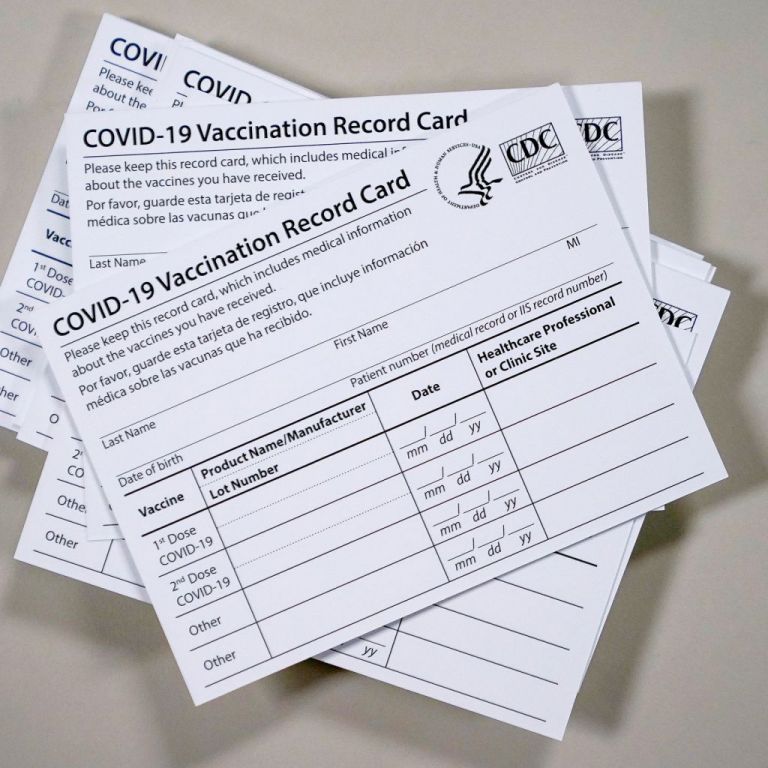Updated Guidance on Religious Objections to Employer COVID-19 Vaccine Mandates

As the world continues to deal with the effects of the COVID-19 pandemic, many employers have begun to require employees to be vaccinated against COVID-19 as a condition of their employment. This has undoubtedly raised many questions an employer’s ability to mandate that their employees get vaccinated. On October 25, 2021, the U.S. Equal Employment Opportunity Commission (EEOC) released updated guidance to address questions about Title VII and religious objections to employer COVID-19 vaccine mandates.
Title VII of the Civil Rights Act protects an employee from discrimination based on race, color, religion, sex, and national origin. Likewise, Title VII requires employers to accommodate employees’ “sincerely held religious beliefs, practices, or observances absent undue hardship.” This includes the requirement that employers consider requests of employees who seek to be exempt from a COVID-19 vaccination requirement based on a sincerely held religious belief.
Employees who wish to be exempt from a vaccine mandate due to a sincerely held religious belief must inform their employer of this. Employers must then demonstrate that “undue hardship” is not required to accommodate the request. It is important to note that Title VII does not require employers to consider requests for exemption based on social, political, or economic views, or personal preference of the employee. The ability to grant or deny a requested exemption rests heavily on the elements of “undue hardship” and a showing of a sincerely held religious belief.
If you have any questions about the elements of the undue hardship requirement, religious and other Title VII exemptions to employer COVID-19 vaccination mandates, or other employment issues generally, please do not hesitate to contact the attorneys at The Royal Law Firm at 413-586-2288.







